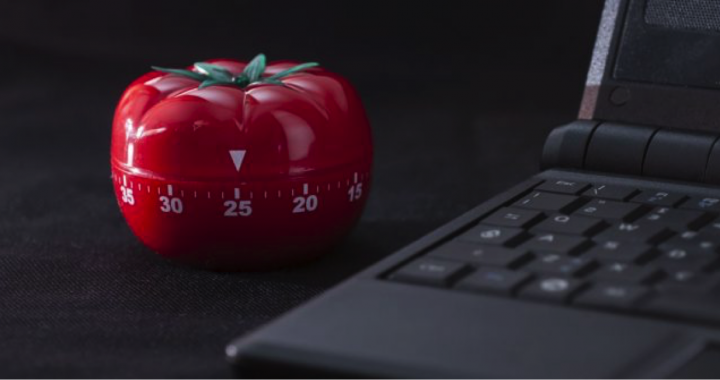Research is a vital part of any academic’s career, and getting the money to fund that research is essential. But getting funding, no matter what field you’re in, can be tricky and intimidating. With so many resources out there, how do you know which one to choose? And how do you know the best way to move forward once you’ve chosen one? Below you’ll find some ideas on how to get started on your funding journey.
Learn how to Write Grant Applications
Funding and grant applications (also known as funding/grant proposals) go hand in hand, so it’s a good idea to put some time into learning how to write applications. Fund application writing is a genre of its own that often involves technical jargon and specific formats that can be confusing if you’ve never written one before. Many institutions, such as libraries and universities, offer grant application classes to the public. You can also look for real-world experience by asking if there are any grant writing opportunities at your job, or if a colleague has experience successfully writing funding applications for their own research. The sooner you become familiar and comfortable with writing grant proposals, the sooner you can start applying for funding.
The University of North Carolina at Chapel Hill has a great resource on writing grant proposals, and we can also help proofread and generally shape up your application once it’s written.
Create a Budget
Most funding applications include a section on how you plan to spend the money you’re seeking. Sitting down and actually creating a budget is key to understanding all of the necessities you might need funds for as you conduct your research. Obvious costs include travel, lodging, and food, but you may also need to allocate some cash to areas such as conducting focus groups, compensating participants, bringing in experts in your field, or hiring the services of a market research company. Make sure you read the requirements and guidelines for each funding application you’re working on, because different sources of funding will have different stipulations regarding what you can and cannot use the money for. Talking with colleagues, professors, and other researchers in your field can give you a better idea of what type of budget makes the most sense for your research.
You can find a couple of budget examples here.
Provide Value for Money
When applying for funding, it’s always important to keep in mind the value that your research will bring to specific organizations and your field as a whole. By closely reading the guidelines on funding applications, you can get a better sense of what they’re looking for in terms of research and project value. Use your application as a way to highlight the importance of your subject, and what your research will contribute to the field you’re in. When funding sources have a clear understanding of what they can expect in return for giving you money, they are more likely to fund your project.
Get Feedback
If you’re at an academic institution, chances are there’s someone around you who has experience applying for funding. Use the resources at hand to get as much feedback as possible on your application. Keep in mind that your application will often not be reviewed by experts in your field, and needs to be clear and make sense to every reader. For this reason, it’s also important to utilize resources outside of academia to ensure your proposal is as strong as it can be, and that typos or poor wording don’t undermine its chances of success. Again, we can help with this stage!





